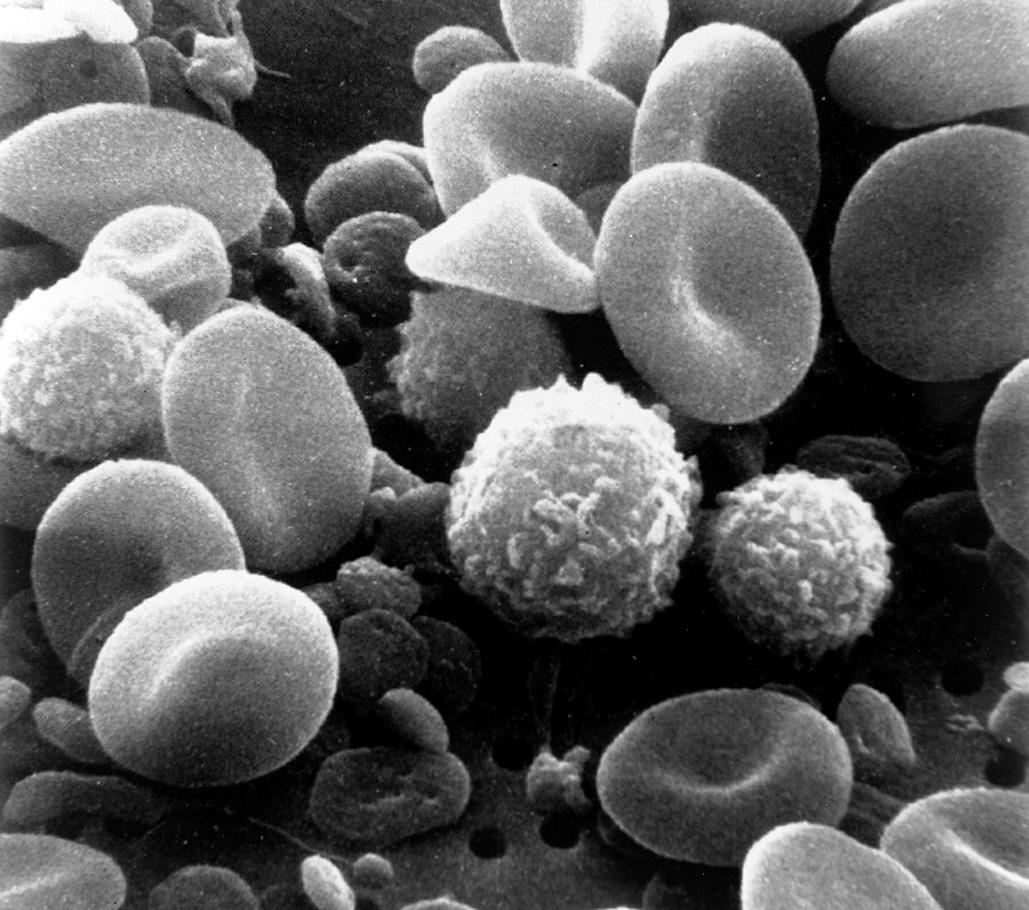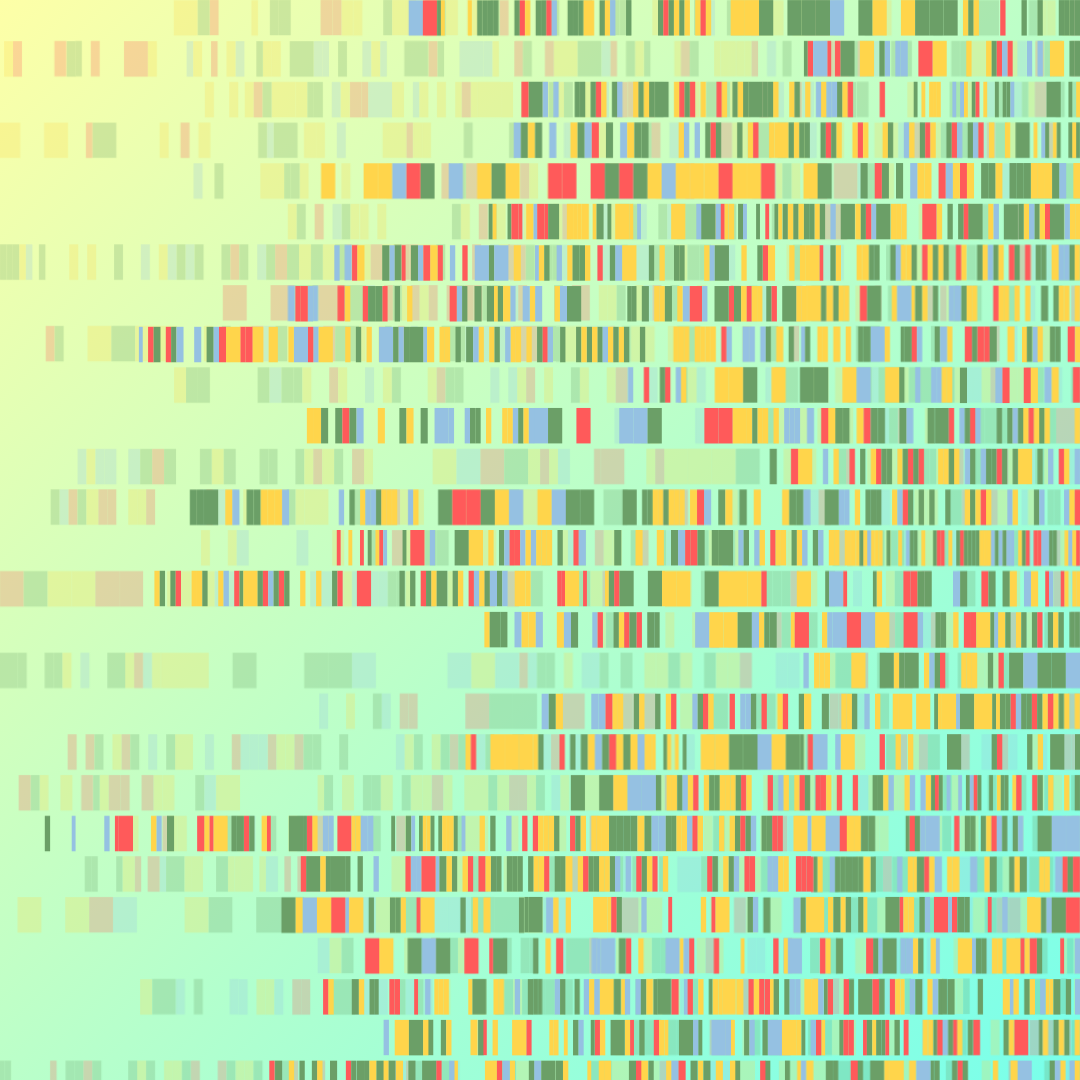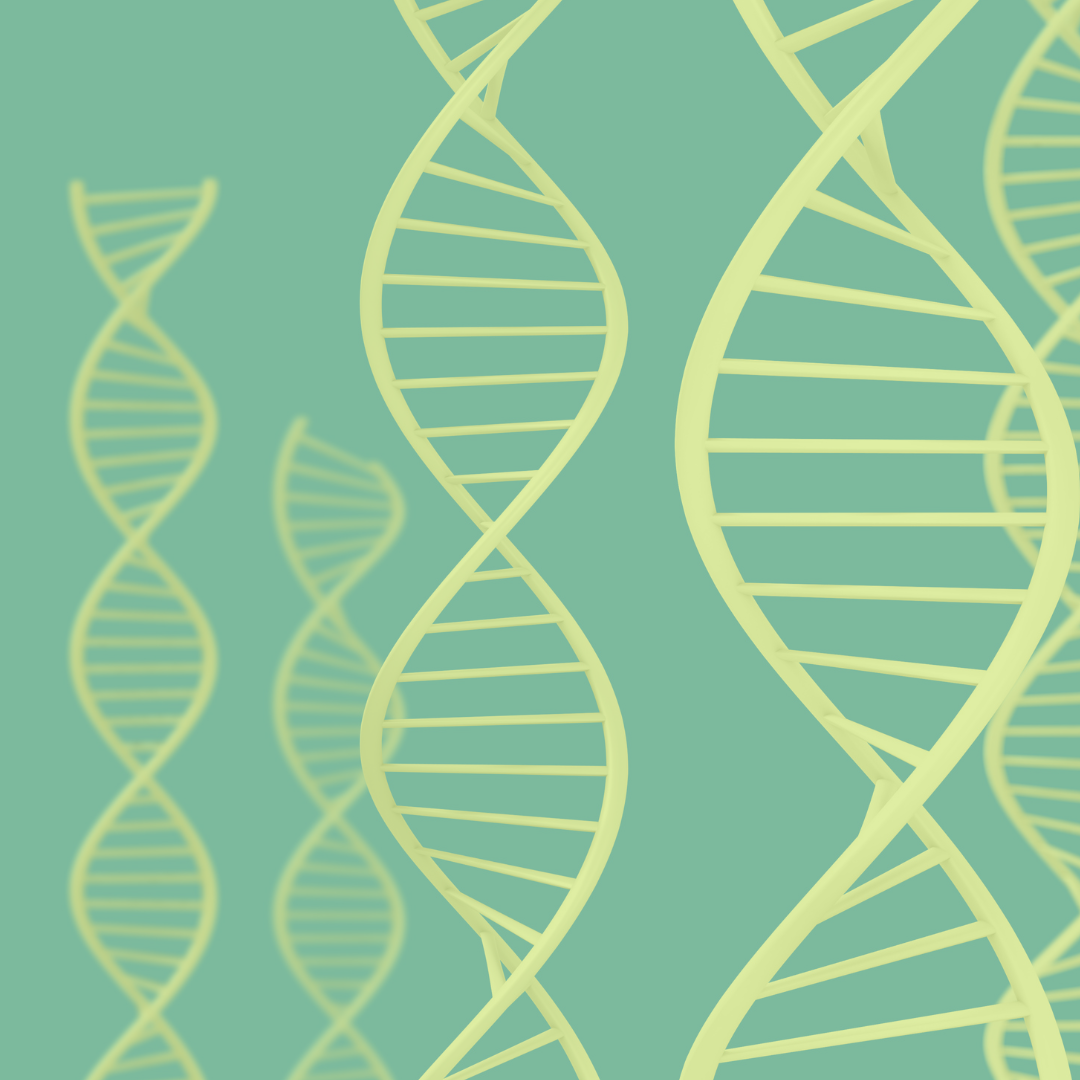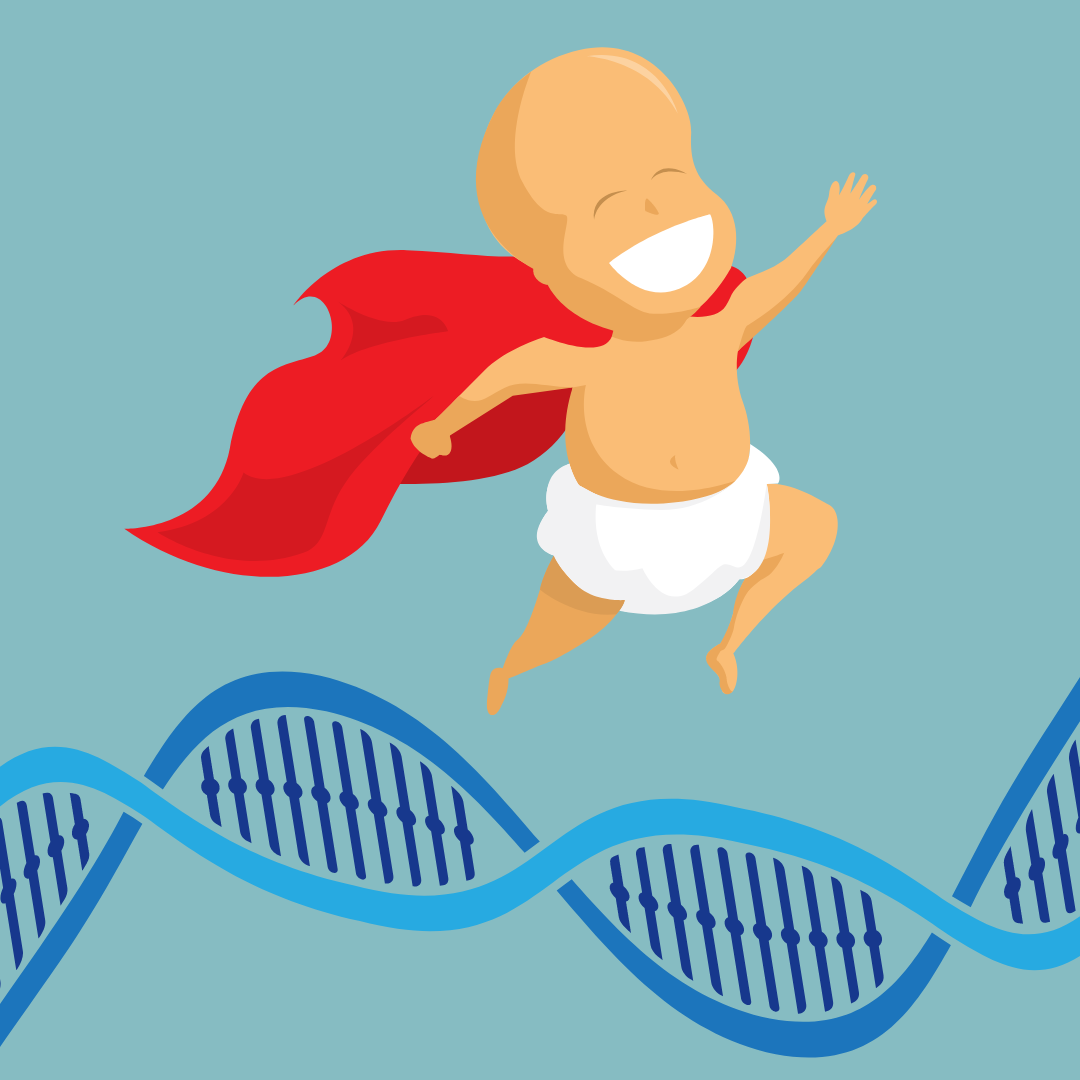Katie Hasson
Katie Hasson, PhD, writes, speaks, researches, and teaches about the social and political aspects of human genetic and reproductive technologies. Katie earned her PhD in Sociology with a Designated Emphasis in Women, Gender, and Sexuality from the University of California, Berkeley, and was previously Assistant Professor of Sociology and Gender Studies at the University of Southern California.

Publications
In the News
Biopolitical Times
The Third International Summit on Human Genome Editing, scheduled for March 7-9 in London, has now been postponed to...
The watchdog group Public Citizen published a report on October 19 titled Pfizer’s Power. It is a devastating indictment...
An organization of scientists is recommending that limitations on several experimental and controversial research procedures – including heritable genome editing...









